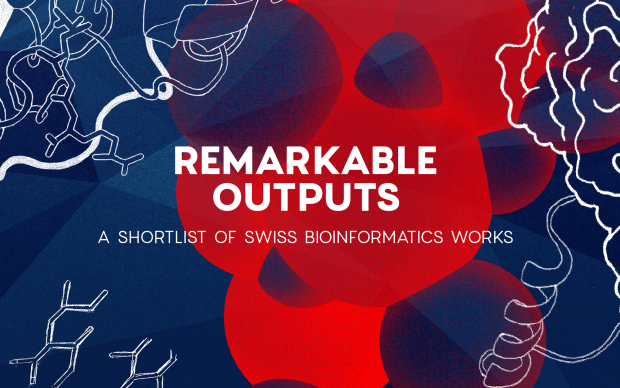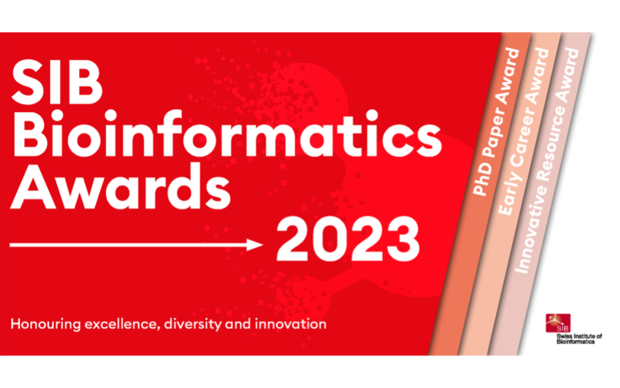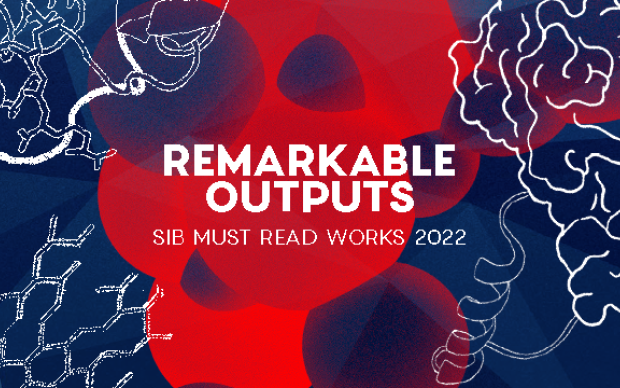scverse, a set of foundational tools for single-cell omics data analysis, received the SIB Bioinformatics Innovative Resource Award 2025. The jury was particularly impressed by scverse’s focus on interoperability, usability, and community management, as well as its solid governance and emphasis on open science principles. Research Software Engineer Ilan Gold, who accepted the award on behalf of the development team at the Theis Lab, sat down with us after the ceremony to tell us about the significance of this distinction.
How do you expect the award to help your work going forward?
Many different skill sets were needed to make scverse a successful resource. Getting recognition and external validation for this, and all the work involved, feels very good. The recognition will have practical use. Our biggest challenge as a consortium is getting information about scverse to circulate. Possibilities opened by this award involve bringing more researchers to our conferences, opening internships, hiring students. Perhaps this student has a great idea which turns into a grant, and then that becomes the next two-year contract for a developer.
Any words for future generations of bioinformaticians?
As software engineers, it's important to not bite off more than you can chew and value incremental progress. It is okay to publish a package that only does a limited set of things. If the package performs well and is very clear about input, output, types and locations, people will really appreciate the simplicity and clarity.
You see that a lot in JavaScript. There's lots of little packages that do little things well. They end up having the most downloads. It is not only because they are simple, but also because what they do is so clearly defined.
Moreover, I would encourage bioinformaticians to feel unencumbered and free to talk to the people who maintain software because we really want to hear from you. If you have a need, a want, a feature that is missing from scverse, feel free to reach out to us. We want this sort of feedback.
What are you working on these days?
My big focus right now is closing the input / output bottleneck gap. I'm very focused on reducing the time spent reading files into memory or writing them to disk.



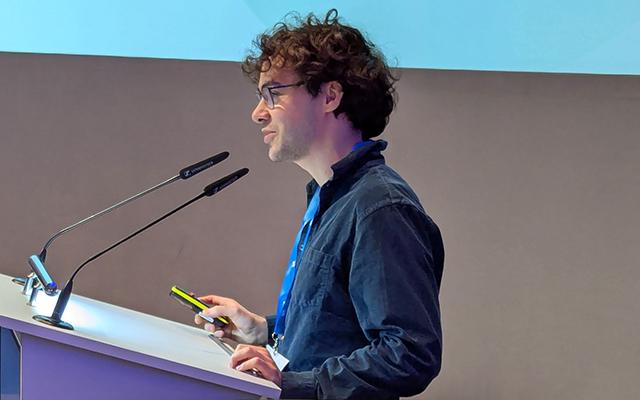
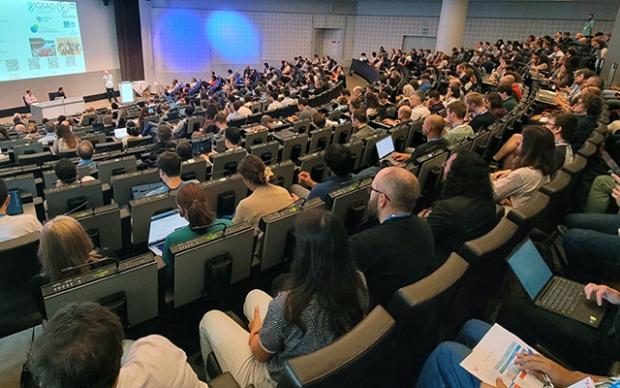
![Michael Skinnider presenting at the [BC]2 Basel Computational Biology Conference](/sites/default/files/styles/card_image/public/2025-10/michael-skinnider-banner.jpg?h=602a36b5&itok=tmJobPUi)
![David Meyer presenting at the [BC]2 Basel Computational Biology Conference](/sites/default/files/styles/card_image/public/2025-10/david-meyer-banner.jpg?h=602a36b5&itok=JRGMwIRV)
